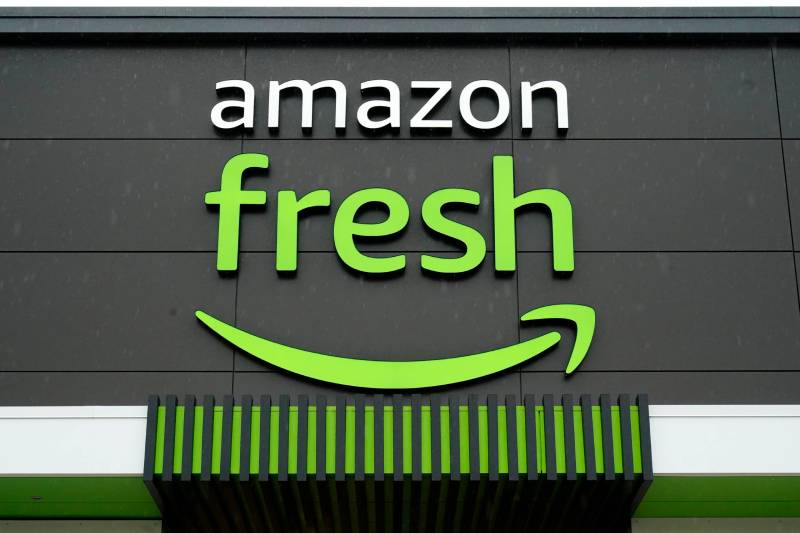Amazon’s Grocery Delivery Launch: Quick Pickups and Reasonably Priced Options Change the Rules

Although Amazon has always offered grocery delivery, customers can now receive their goods for a significantly reduced price.
Amazon is stepping up its food delivery game as competitors like Walmart+ and Instacart gain popularity. Customers can receive unlimited grocery delivery from Whole Foods and Amazon Fresh on orders over $35 for an additional monthly fee of $9.99.
Although grocery delivery is not new for Amazon, many customers are using other services for smaller orders due to the existing requirements of $100 for free delivery for Amazon Fresh orders and $7 to $10 for deliveries from Whole Foods, which Amazon acquired in 2017.
It’s important to remember that Amazon used to provide free shipping on Fresh orders over $35 before the new costs were implemented. Amazon has significantly increased the free shipping barrier and is now allowing customers to make purchases below the previous threshold for a nominal cost.
On the plus side, though, orders of any size can be picked up by clients in 30 minutes. Although Amazon states that orders of any size are accepted, you have to assume that there may be restrictions on really large orders. Shortly after launching virtual healthcare services in August of this year, Amazon has added yet another Prime advantage. Additionally, Amazon began offering Fresh deliveries to non-Prime members last month.
Currently, Amazon Prime costs $139 annually or $14.99 each month. Will consumers be ready to spend an extra $10 only to have their groceries delivered? Given the cost of goods these days, there’s a strong likelihood that if you receive delivery from Fresh on a daily basis, you’re at least approaching the $100 barrier. However, if Whole Foods delivers to you on a regular basis, that’s a different issue because the monthly fee now equals the cost of one delivery.
Three cities are currently testing the program: Denver, Colorado; Sacramento, California; and Columbus, Ohio. If it proves successful in those cities, a further rollout is probably in store.